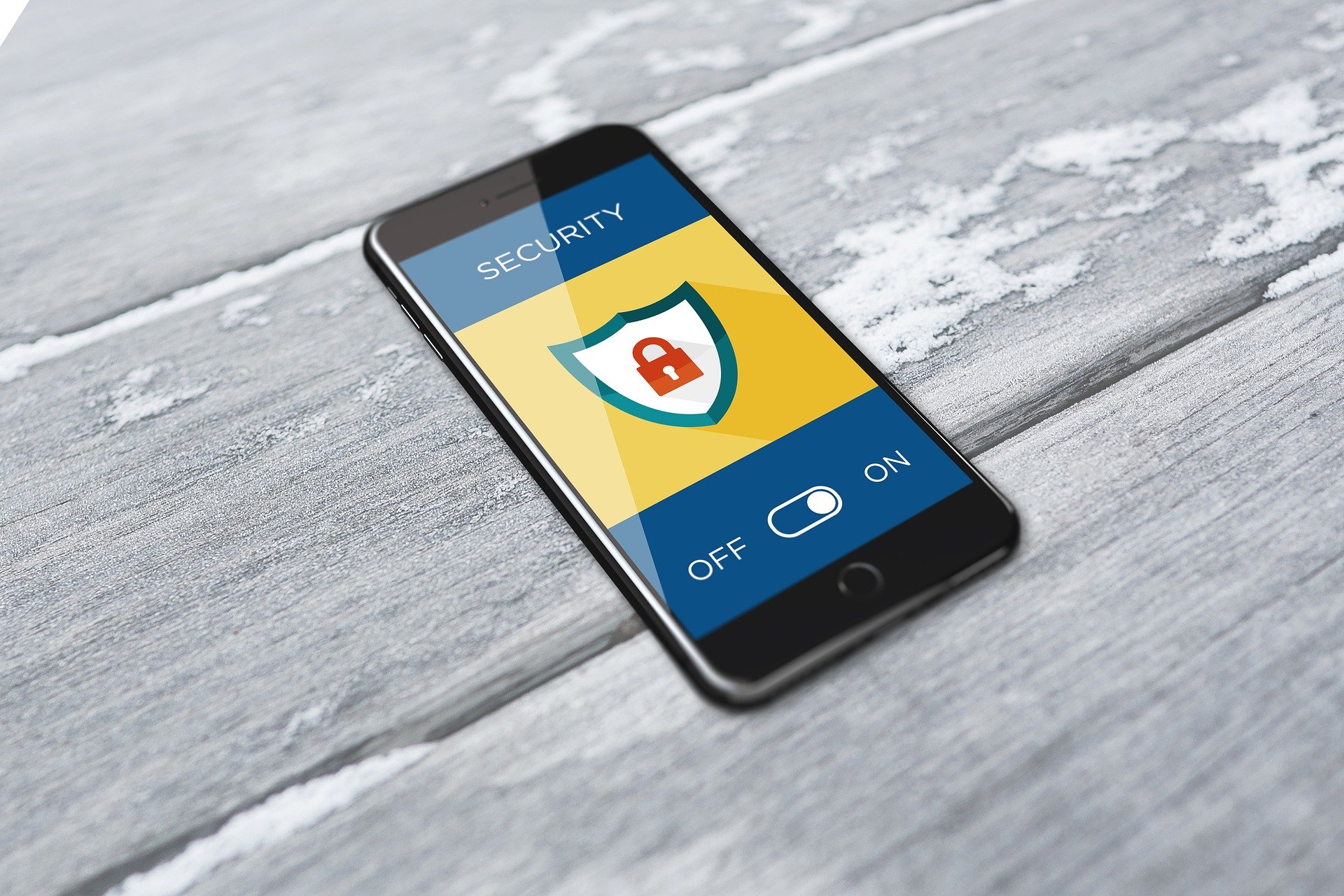As technology becomes even more sophisticated, cybercriminals are also developing new strategies to bypass security protocols and steal information they need from unsuspecting tech users. In this case, the best weapon individuals and enterprises need against cyberattacks is information.

Keeping yourself protected from phishing, hacking, and other methods of cybercrime involves using the right tools and knowing the right techniques. But the most essential part of securing valuable data is to avoid habits, practices, and errors that would lead to costly and reputation-damaging breaches.
So, what are examples of the ways that you make yourself vulnerable to cybercriminals?
1. Not Having a Secure Password
While an easy-to-remember password might be convenient, simpler passwords are very easy to crack. Hackers use an assortment of tools that enable them to retrieve passwords and gain access to bank accounts and even cloud storages. If you want to increase your chances of not being hacked, it means using stronger passwords with varying symbols, numbers, and letters.
Even better, using devices with an embedded Trusted Execution Environment will provide greater levels of security and protection.
2. Sharing Login Credentials with Others
Perhaps you have a co-worker who got locked out of their account and needs yours in order to retrieve it, or you have siblings who need to use your PayPal account to purchase a subscription. Either way, you are putting yourself at greater risk when multiple people gain access to your account. There’s nothing wrong with helping others out, of course, but you should change your username and password immediately after someone else uses your account. Still, it’s better not to share your login credentials at all if it can be helped.
3. Not Having a VPN
On top of antivirus software and firewalls, a virtual private network (VPN) adds another layer of protection to your internal network. It does this by encrypting and directing outgoing traffic to a secure server. This makes it hard for hackers to intercept information like account numbers, messages, and other sensitive data. Not having a VPN increases the risk of data breaches, especially if you run a small business with several physical branches. Check out inVPN for a list of VPN providers that cater to business PCs running Windows.
4. Lacking Multi-factor Authentication
With many apps being accessible across different devices, it gets easier and easier for cybercriminals to access entire accounts just by gaining access to a single device. To solve this problem, organizations are using multi-factor authentication that restricts app activities across all devices. If someone hacks your laptop and tries to make an unauthorized withdrawal using your account, they would need a one-time password (OTP) in order to complete the transaction. The OTP is sent directly to your phone, so unless you keep all your devices in the same place, your account should be safe. What’s more, receiving an OTP should prompt you to deactivate your account and locate where the attempted transaction is coming from.
There several ways you can make yourself an easy target for cybercrime. Focus on being cautious, avoid buying items on impulse, and get the right tools to ensure a safer online experience.